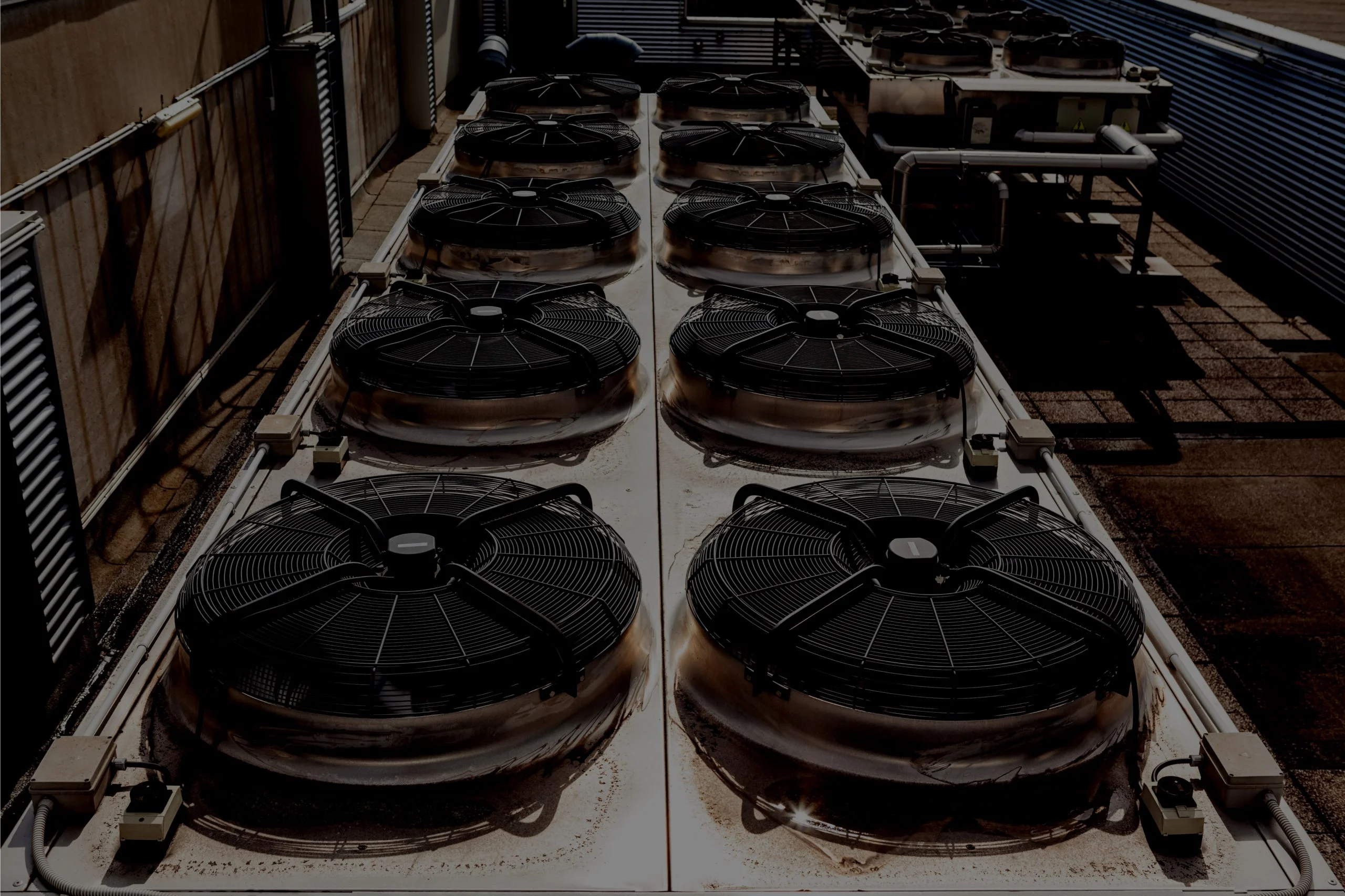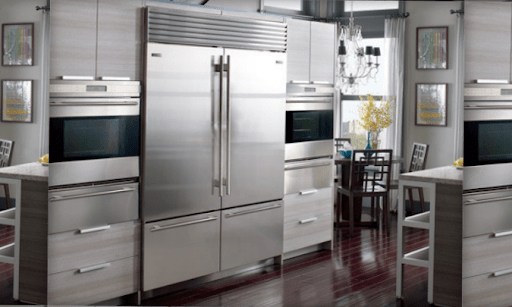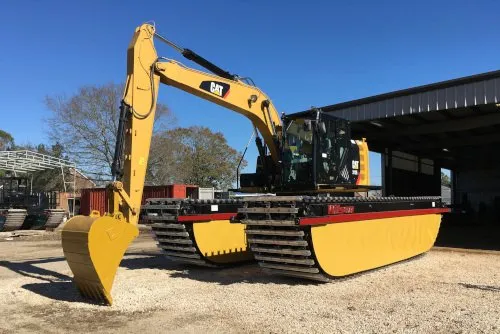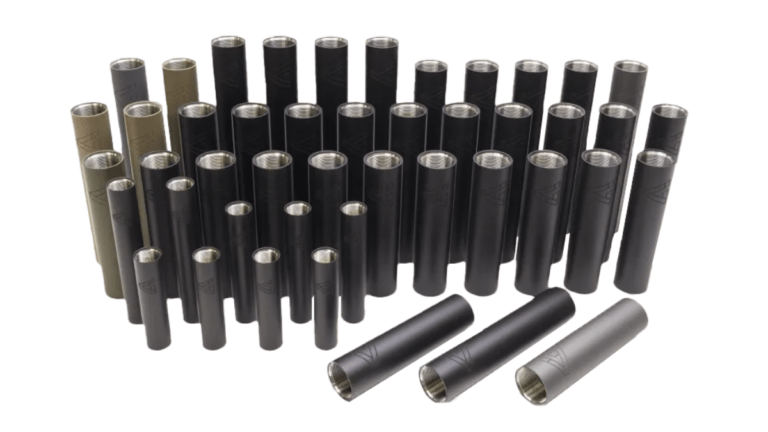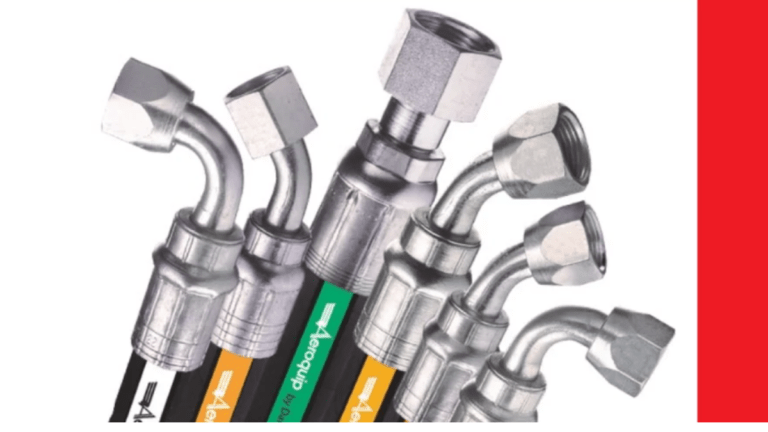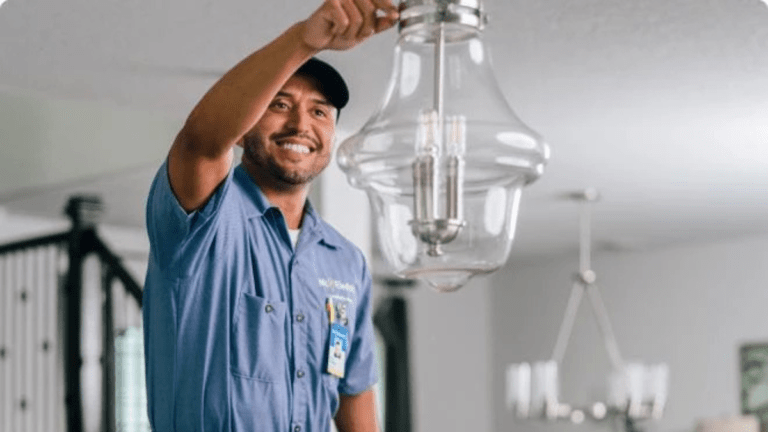How Smart HVAC Systems Are Revolutionizing Commercial Heating and Cooling
Businesses are seeking smarter, more efficient ways to manage their commercial heating and cooling systems. Smart HVAC systems have emerged as a game-changer, transforming traditional HVAC solutions with features like remote monitoring, automation, and data analysis. For businesses, these advanced systems offer enhanced comfort, energy efficiency, and reduced operational costs. Here’s a look at how smart HVAC systems are revolutionizing commercial heating and cooling, and why they’re becoming a must-have for businesses looking to optimize their environments.
1. Remote Monitoring for Real-Time Insights and Control
Smart HVAC systems capability provides unmatched convenience and flexibility for managing indoor climates.
- Monitor System Performance Remotely: With remote monitoring, facilities managers can keep an eye on HVAC performance in real-time, receiving alerts if any issues arise. This helps prevent minor issues from becoming major problems, reducing the likelihood of costly repairs.
- Adjust Settings On-the-Go: Remote control allows managers to adjust temperature settings, fan speeds, or humidity levels, even if they’re not on-site. This can be especially useful for businesses with multiple locations or facilities.
- Enhanced Customer and Employee Comfort: By ensuring optimal climate conditions, smart HVAC systems support a comfortable environment for employees and customers, which can boost productivity and customer satisfaction.
Impact: Remote monitoring empowers business owners to manage HVAC settings efficiently, providing real-time control and reducing the risk of unexpected breakdowns.
2. Automation for Effortless Climate Control
Commercial HVAC in Ronkonkoma offers advanced automation features, enabling seamless control over heating and cooling operations with minimal manual input. Automation enhances convenience and allows businesses to optimize energy usage based on real-time conditions.
- Automatic Temperature Adjustments: Smart systems use sensors to detect occupancy levels and adjust temperature settings accordingly, ensuring rooms aren’t over-cooled or overheated when unoccupied.
- Pre-Programmed Schedules: Businesses can set specific temperature schedules based on occupancy patterns, reducing energy use during non-operational hours and minimizing unnecessary energy consumption.
- Seasonal and Weather-Based Adjustments: Some smart HVAC systems integrate with weather data to adjust indoor settings based on outdoor temperatures, optimizing comfort and efficiency.
Impact: Automation makes HVAC management effortless, saving time and ensuring that systems operate efficiently based on real-time conditions and preset schedules.
3. Data Analysis for Informed Decision-Making
Smart HVAC systems collect valuable data on system performance, energy use, and occupancy patterns. This data provides insights that allow businesses to make informed decisions on managing heating and cooling, leading to more efficient operations.
- Energy Usage Reports: Smart systems provide data on energy consumption, allowing facilities managers to identify areas where energy usage can be reduced, which can lead to significant cost savings.
- Predictive Maintenance Alerts: Through data analysis, smart HVAC systems can identify patterns and predict when maintenance may be needed, alerting you before a breakdown occurs. This proactive approach reduces repair costs and prevents unexpected system failures.
- Temperature and Humidity Patterns: Data on indoor conditions helps facilities managers optimize HVAC settings based on historical trends, ensuring a comfortable environment that aligns with occupancy levels and preferences.
Impact: Data analysis allows for more strategic management of HVAC systems, enabling businesses to make decisions that optimize comfort and reduce energy costs over time.
4. Enhanced Energy Efficiency for Cost Savings
By using data, automation, and remote control, smart systems can significantly reduce energy waste, leading to cost savings.
- Reduced Wastage through Occupancy Detection: Smart sensors detect when spaces are unoccupied and automatically adjust HVAC settings, minimizing energy usage in empty rooms or offices.
- Adaptive Learning Technology: Some smart HVAC systems use adaptive learning, which “learns” from usage patterns and adjusts settings based on historical data, optimizing energy use without sacrificing comfort.
- Integration with Renewable Energy Sources: Certain smart HVAC systems can integrate with renewable energy sources, such as solar power, to further reduce carbon footprint and energy costs.
Impact: Enhanced energy efficiency lowers operational costs and supports sustainability goals, making smart HVAC systems a wise investment for cost-conscious and eco-friendly businesses.
Conclusion
With benefits like remote monitoring, automation, data-driven insights, and improved energy efficiency, these systems offer a high return on investment for businesses looking to optimize comfort, reduce costs, and support sustainability. By investing in a smart HVAC system, commercial facilities can enjoy enhanced operational efficiency, better air quality, and a reduced carbon footprint. For businesses committed to long-term success, the future of HVAC is undoubtedly smart.
FAQs
Are smart HVAC systems suitable for small businesses?
Yes, smart HVAC systems are available in various sizes and can be tailored to suit small businesses, providing energy savings and operational efficiency.
How do smart HVAC systems improve air quality?
Smart systems monitor humidity and air pollutants, adjusting airflow and filtration to maintain optimal indoor air quality.
What’s the difference between a regular HVAC system and a smart HVAC system?
Smart HVAC systems use advanced sensors, automation, and remote control to optimize performance, while regular systems typically rely on manual control.
Can a smart HVAC system integrate with other smart building systems?
Yes, many smart HVAC systems are compatible with Building Management Systems (BMS) and can integrate with lighting, security, and other systems.
